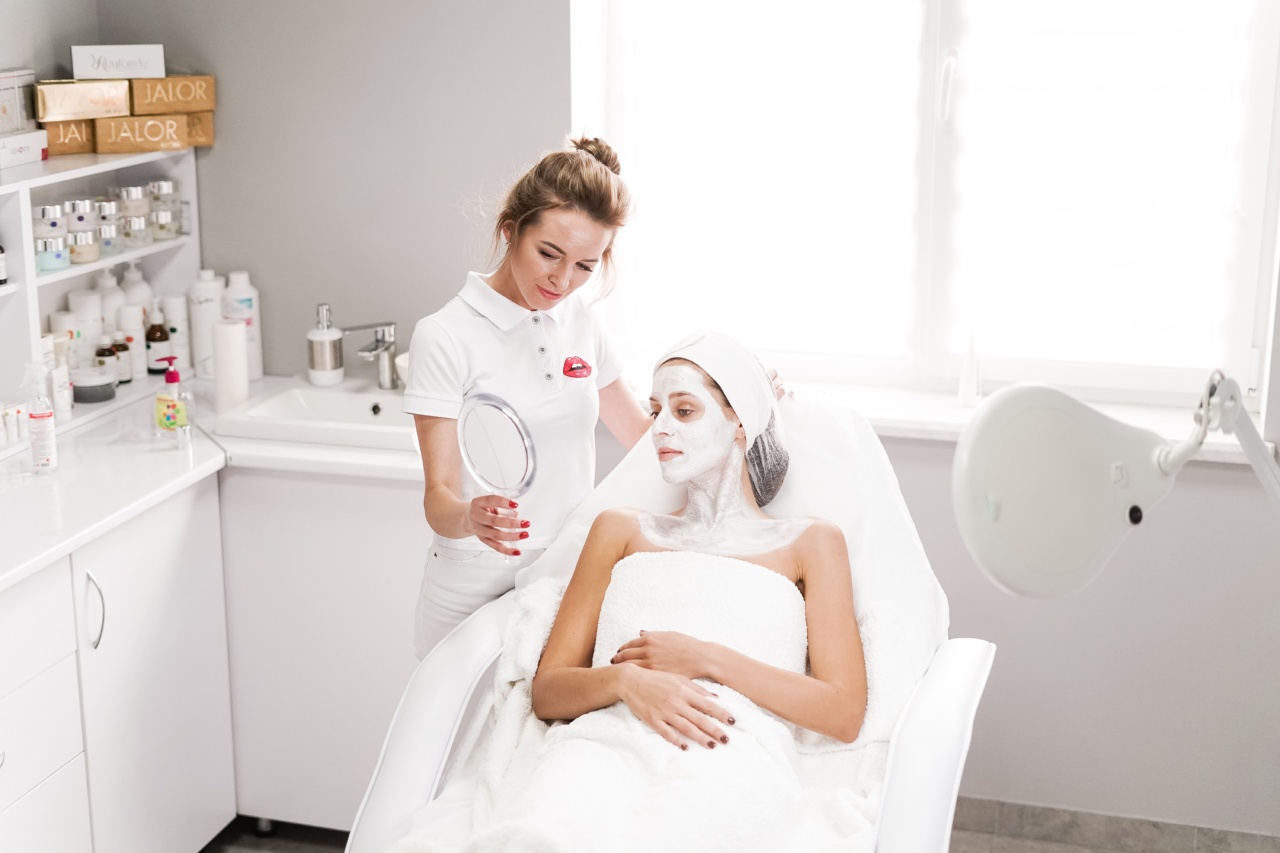Wrinkles are a common sign of aging that many individuals strive to minimize or eliminate. While various treatments are available, topical creams have emerged as a popular solution due to their convenience and non-invasiveness.
However, recent studies have suggested that these topical treatments may have benefits beyond simply reducing wrinkles. In fact, it has been proposed that certain topical treatments could potentially improve in vitro fertilization (IVF) results. This article explores the potential link between topical treatment for wrinkles and enhanced IVF outcomes.
Understanding IVF
IVF is a widely used assisted reproductive technology (ART) that helps couples struggling with infertility to conceive a child.
The process involves fertilizing an egg with sperm outside the body in a laboratory and then transferring the resulting embryo into the uterus. While IVF has provided hope for numerous couples, success rates can still be quite variable.
The Role of Oxidative Stress
Oxidative stress, caused by an imbalance between the production of reactive oxygen species (ROS) and the body’s ability to neutralize them, has been implicated in multiple reproductive disorders, including decreased fertility and poor IVF outcomes. ROS can harm reproductive cells, leading to DNA damage, decreased embryo quality, and implantation failure.
Antioxidants in Topical Treatments
Topical treatments for wrinkles often contain antioxidants, which are substances that counteract the damaging effects of ROS. These antioxidants neutralize free radicals, reducing oxidative stress and promoting overall skin health.
While the primary focus of these treatments is to improve the appearance of wrinkles, antioxidants may have systemic effects when applied topically, potentially influencing reproductive health.
Studies Linking Topical Treatments and IVF
Several scientific studies have examined the potential relationship between topical treatments for wrinkles and IVF outcomes.
One study published in the Journal of Assisted Reproduction and Genetics showed that patients who used topical treatments containing antioxidants had significantly higher implantation and pregnancy rates compared to those who did not. Another study in the Journal of Clinical and Aesthetic Dermatology reported similar findings, demonstrating improvements in both clinical pregnancy rates and embryo quality in women undergoing IVF.
Mechanisms of Action
While the exact mechanisms by which topical treatments improve IVF outcomes are not yet fully understood, several hypotheses have been proposed.
One possibility is that the antioxidants in the topical treatments reduce oxidative stress not only in the skin but also in the reproductive organs. By protecting the eggs and sperm from ROS-induced damage, these treatments may enhance their quality and increase the chances of successful fertilization and implantation.
Inflammation and IVF
Inflammation within the reproductive system can have detrimental effects on fertility and IVF success. In addition to their antioxidant properties, some topical treatments also possess anti-inflammatory properties.
By reducing inflammation in the reproductive organs, these treatments may create a more favorable environment for fertilization and implantation to occur.
Enhanced Blood Flow
Another potential mechanism is the improvement of blood flow to the reproductive organs. Certain topical treatments for wrinkles contain ingredients that enhance microcirculation, promoting blood flow to the skin.
It is plausible that this improved blood flow also benefits the ovaries and uterus, aiding in the development of healthy eggs and preparing a receptive uterine lining for implantation.
Timing and Duration of Treatment
For individuals considering using topical treatments to potentially enhance their IVF outcomes, it is essential to determine the optimal timing and duration of treatment.
While further research is necessary to provide specific guidelines, it is generally recommended to begin using topical treatments several months before undergoing IVF. This allows enough time for the antioxidants and other active ingredients to penetrate the skin and potentially produce systemic effects.
Consultation with a Dermatologist and Fertility Specialist
Individuals interested in exploring the potential benefits of topical treatments for wrinkles on IVF outcomes should consult both a dermatologist and a fertility specialist.
A dermatologist can assess the individual’s skin needs and prescribe appropriate topical treatments, while a fertility specialist can provide guidance on the best approach to optimize IVF outcomes.
Conclusion
While the primary purpose of topical treatments for wrinkles is to improve the appearance of the skin, emerging research suggests that these treatments may offer additional benefits, particularly in the context of IVF.
By reducing oxidative stress, inflammation, and potentially enhancing blood flow, topical treatments containing antioxidants and other active ingredients may improve the chances of successful fertilization and implantation. As the field of fertility continues to advance, exploring the potential synergies between dermatology and reproductive medicine may open up new possibilities for enhancing IVF outcomes.





























